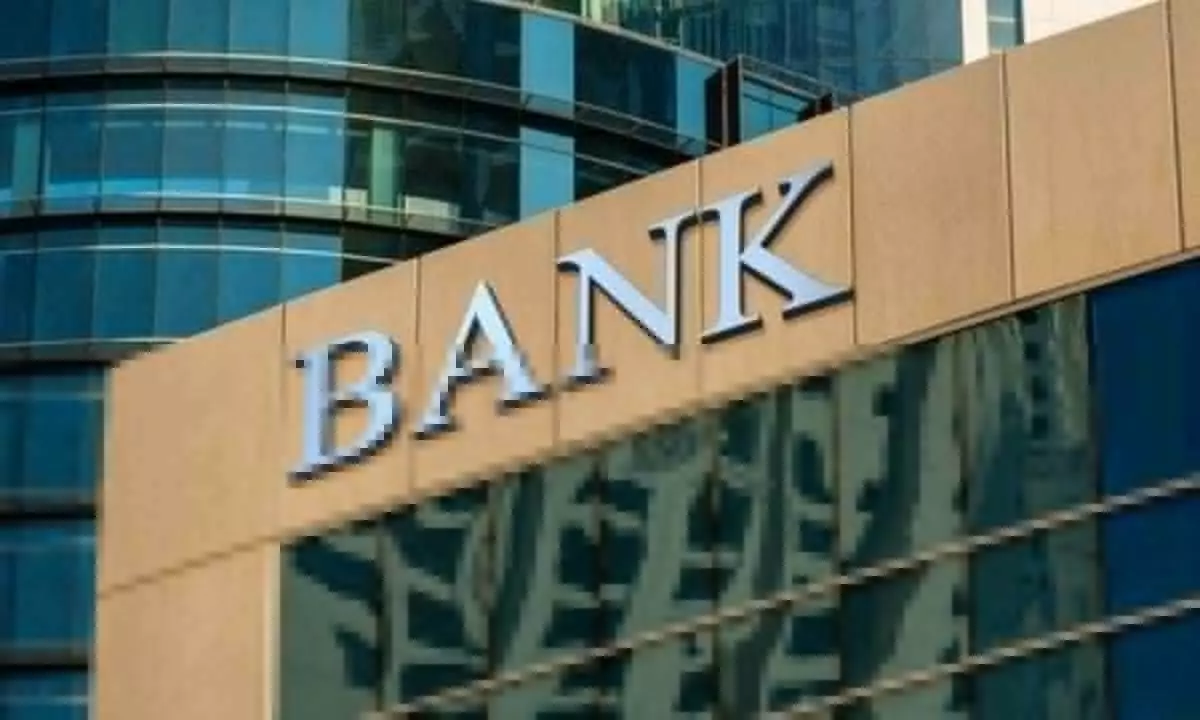Rising costs to hit banks’ profitability: Mckinsey
In next 24-30 month period, Mckinsey expects the return on assets, which is at a multi-year high of 1.1% at present for the system, to slip to 0.8-1%
image for illustrative purpose

Banks’ profitability may have reached its peak and is set to fall going ahead due to a slew of factors, global consultancy Mckinsey & Company said on Wednesday.
The firm also said that the banking system is meeting less than a third of the credit demand for green finance, and recommended moves like inclusion of such finance under priority sector lending and creating a credit guarantee platform.
Aspects like rise in deposit costs due to the lagged effect of rate hikes and the war for deposits, higher operational costs on tech spends and hiring of specialized talent, and higher credit costs as the stress on the books goes up will hurt the profitability, its senior partner Peeyush Dalmia told reporters.
"We expect RoAs (return on assets) to absolutely fall..., if I were to take a 12-18 month view, it will (fall) absolutely," he said, pointing to his outlook on the key ratio arrived at by dividing net income with the total assets. Dalmia said in the next 24-30 month period, he expects the return on assets - which is at a multi-year high of 1.1 per cent at present for the system - to slip to 0.8-1 per cent.
He pointed to banks' commentaries after the announcement of the June quarter results, where every lender has guided towards a narrowing of the net interest margin, as being illustrative of the impact on profitability that awaits. The hit taken because of the compression in NIMs cannot be compensated by pushing on any particular aspect of the business, he added. Stating that all the elements of profitability are filled with challenges at present, Dalmia said the non-interest incomes of the banks have also suffered because of the insistence on transparency by the regulators lately, and also due to the disruptions caused by the fintechs who render the same service sans any fee for the consumer.
On the expenses front, Dalmia said people have started to move their deposits from banks towards better yielding assets like mutual funds and added that the war for deposits is "very extreme". There is a need to up the spends on technology spends and information security to 9-10 per cent from the present 8 per cent, which will put further pressures. Meanwhile, Dalmia said the banking system has been able to serve only 12-14 crore Indians with loans till date, and a large swathe of countrymen continues to be outside the formal credit system despite being credit ready, the firm said.
"If one deducts population outside the credit age, having low credit scores and low incomes, we are left with 32 crore people who are credit ready," Dalmia said. The firm estimated that there is an annual credit demand of about Rs 13 lakh crore towards green finance, but banks are lending only about Rs 3 lakh crore, Dalmia said.
Dalmia said there is a lack of incentives which may be resulting in this, and said measures like inclusion of green finance under the PSL (priority sector lending) mandate and creating a vehicle like credit guarantee trust for micro, small and medium enterprises can be of help. The developed countries are creating exclusive green banks as well to pay needful attention to one of the most pressing challenges of our times, another senior executive at the firm said.
Going ahead, there will be more attention by the lenders to go deeper into the Tier-II, Tier-III and settlements further down, Dalmia said, pointing out that there is a very big opportunity waiting in such areas where the margins are higher. He also pointed out to official data which says that over 80 per cent of the personal loans came from tier-II and below centres to support the business case.

